Filter by
The language used throughout the course, in both instruction and assessments.
Choose the Food Science Course That Aligns Best With Your Educational Goals
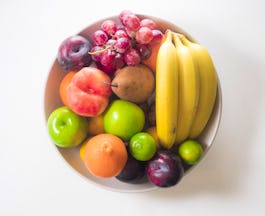 Status: Free
Status: FreeStanford University
 Status: Free
Status: FreeThe Hong Kong University of Science and Technology
 Status: Free
Status: FreeStanford University
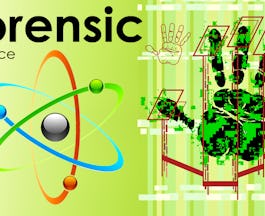 Status: Free
Status: FreeNanyang Technological University, Singapore
Skills you'll gain: Critical Thinking
 Status: Free
Status: FreeUniversity of Manchester
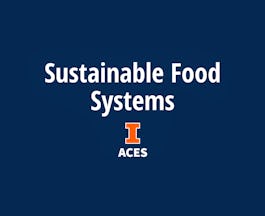
University of Illinois at Urbana-Champaign
Skills you'll gain: Behavioral Economics, Culture
 Status: Free
Status: FreeStanford University
Skills you'll gain: General Statistics, Probability & Statistics, Statistical Analysis, Critical Thinking, Basic Descriptive Statistics, Data Analysis, Statistical Tests, Mathematics, Probability Distribution, Statistical Visualization

University of California, Davis
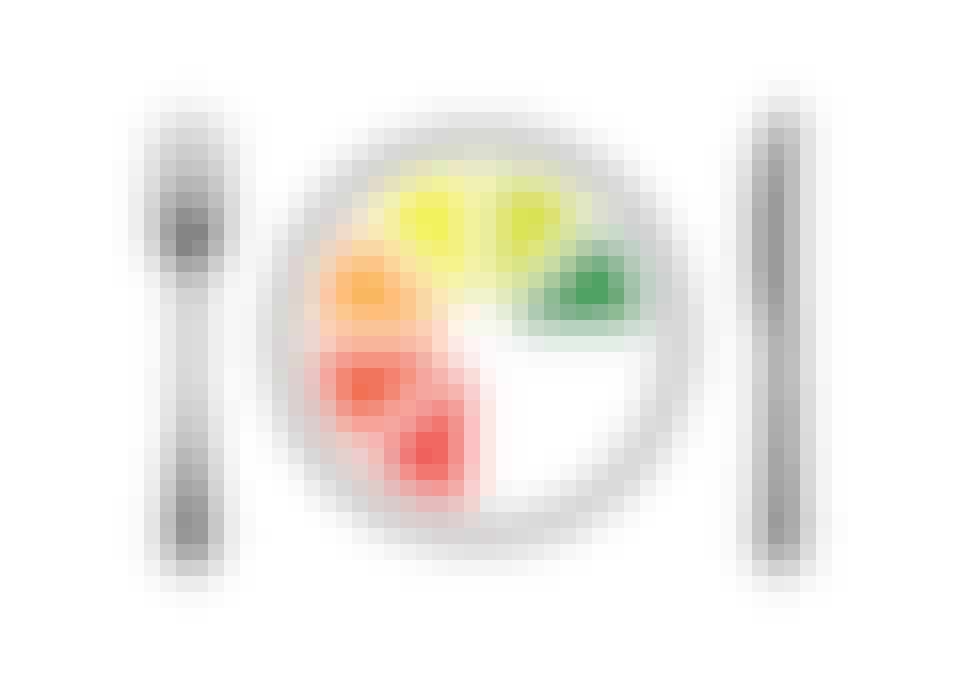 Status: Free
Status: FreeThe University of Edinburgh
Skills you'll gain: Critical Thinking
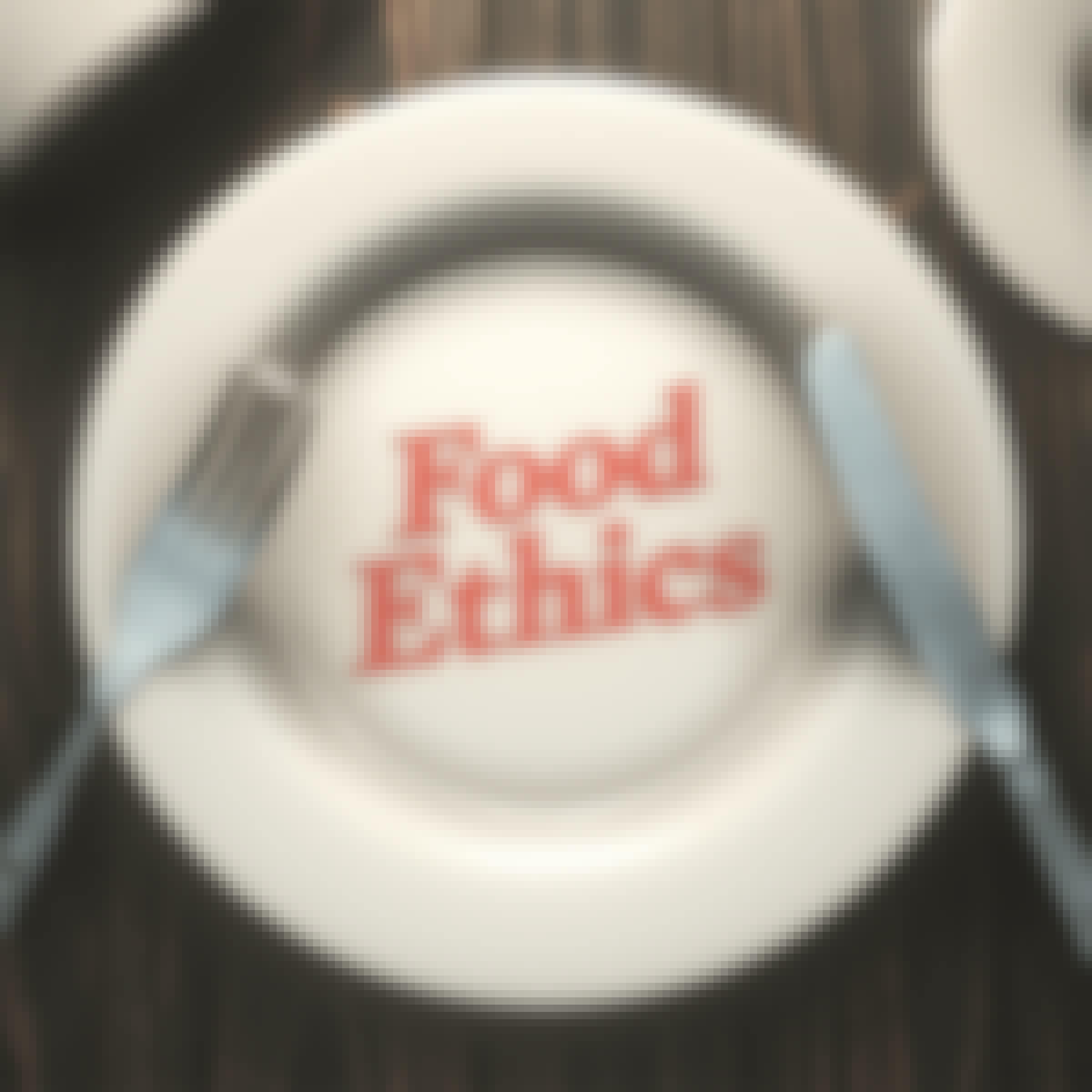 Status: Free
Status: FreePrinceton University
 Status: Free
Status: FreeYale University
Skills you'll gain: Resilience
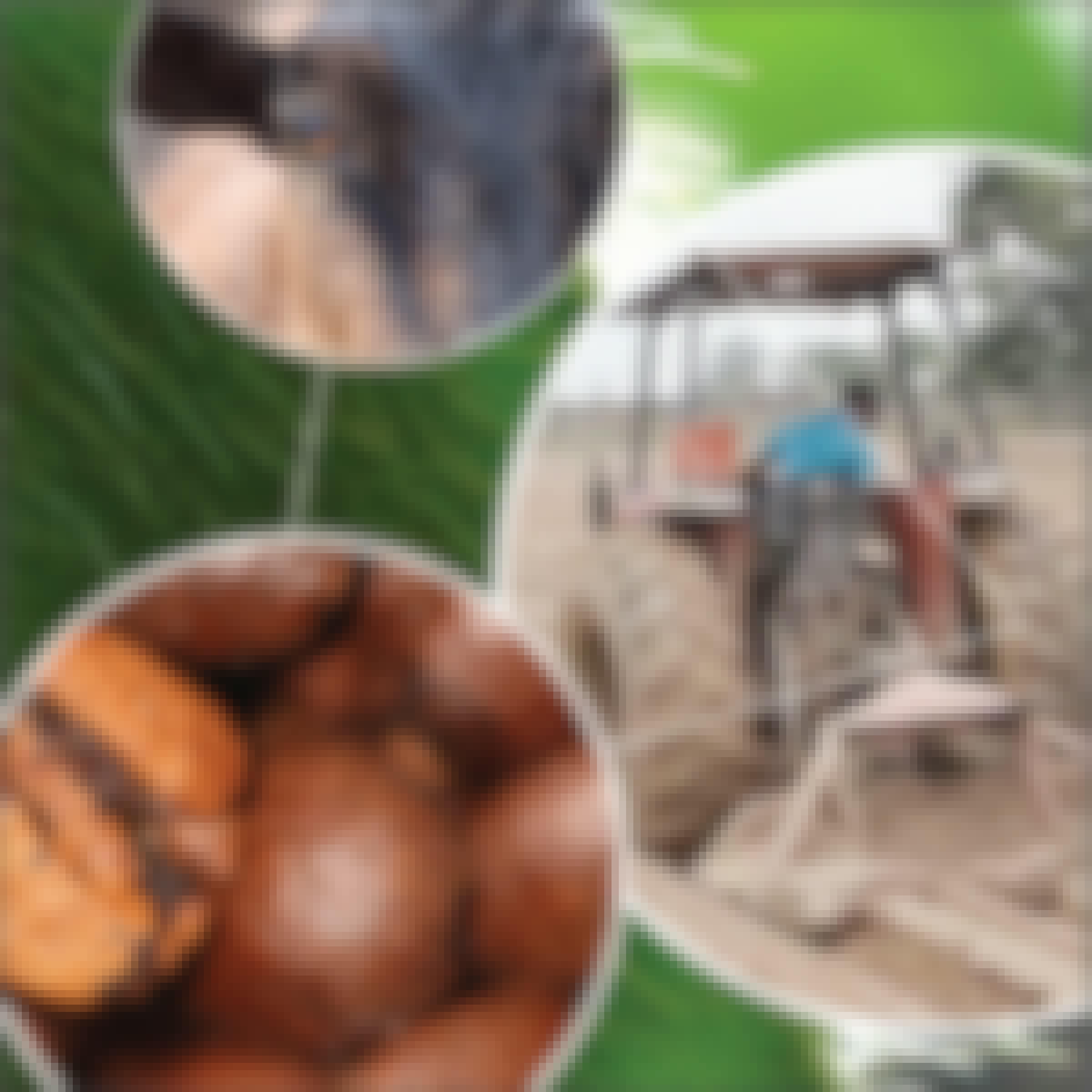 Status: Free
Status: FreeUniversity of Copenhagen
In summary, here are 10 of our most popular food science courses
- Stanford Introduction to Food and Health: Stanford University
- The Science of Gastronomy: The Hong Kong University of Science and Technology
- Child Nutrition and Cooking: Stanford University
- Introduction to Forensic Science: Nanyang Technological University, Singapore
- Industrial Biotechnology: University of Manchester
- Sustainable Food Systems: University of Illinois at Urbana-Champaign
- Introduction to Statistics: Stanford University
- Foundations of Sensory Science: University of California, Davis
- Understanding Obesity: The University of Edinburgh
- Food Ethics: Princeton University










